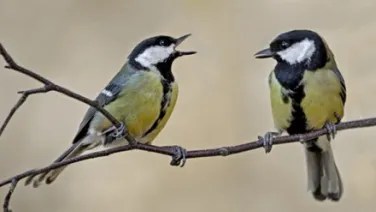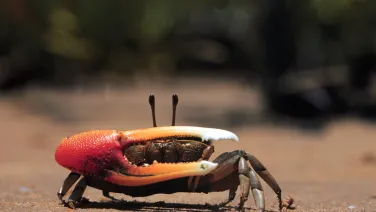
Behavioural, evolutionary and physiological ecology
About
Ecologists often begin by asking how interactions between individual and the environment result in differential survival & reproductive output of organisms depending on their size, age, sex & which traits they possess. These can result in predictable changes in population size and composition that, at broader scales, generates variation in gene flow among populations and differences in species ranges. Natural selection operates whenever there is variation in reproductive output because organisms differ in their ‘fit’ with the environment. Evolutionary change feeds back to affect future ecological interactions. Research at the Research School of Biology covers all aspects of the ecology-evolution cycle. Our key research strengths include: ecophysiology of plants and mammals; behavioural ecology of crabs, birds, insects, reptiles & fish; sensory ecology of crabs & insects; functional ecology of fish & plants; evolutionary genetics of microbes, fungi and reptiles; and the epigenetics of bees. We also have a strong international reputation for developing theory in evolution & ecology that transcends specific study taxa.






